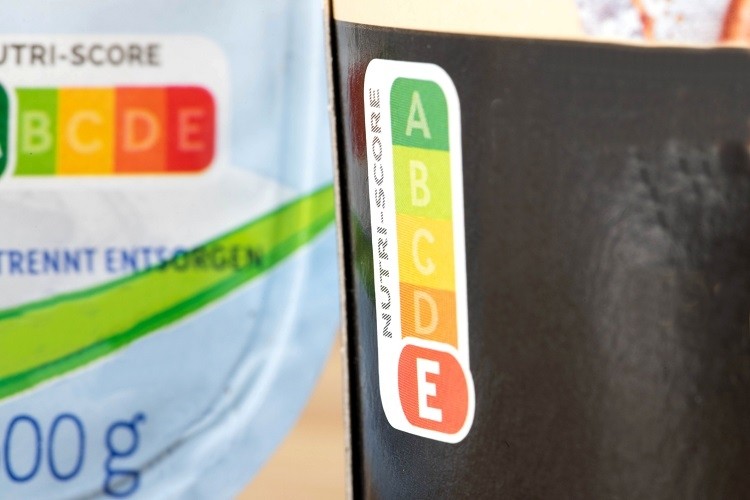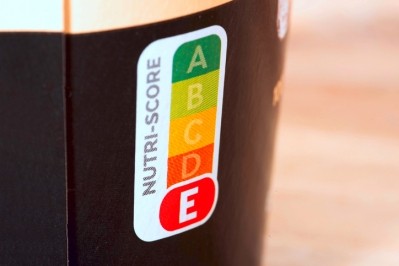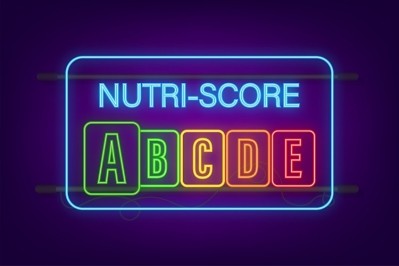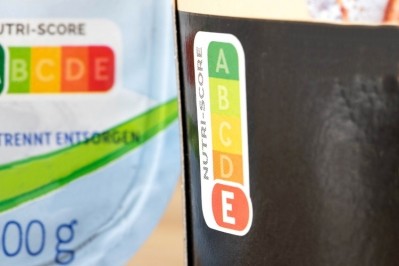Nutri-Score 2.0? Algorithm update recommended by European scientific committee

Last year, seven European countries joined forces to step up use of front-of-pack nutrition label Nutri-Score.
As part of this initiative, the group of Member States – made up of Belgium, France, Germany, Luxembourg, the Netherlands, Spain and Switzerland – established the Scientific Committee of the Nutri-Score (ScC).
The trans-national governance was tasked with updating the front-of-pack (FOP) nutrition label’s algorithm. And now, the ScC’s recommendations are in.
Dietary guidelines inform updates
Nutri-Score ranks food from -15 for the ‘healthiest’ products to +40 for those that are ‘less healthy’. Based on this score, the product receives a letter with a corresponding code: from dark green (A) to dark red (F).
The Commission has plans to propose a harmonised, mandatory FOP nutrition labelling scheme by the end of this year, with the aim of enabling consumers to make health-conscious food choices. Nutri-Score has not been ruled out of contention.
The ScC had already made public that overall, it deems the Nutri-Score algorithm to work ‘well’. Yet its most recent report – voted on and accepted unanimously 29 June – suggests improvement can be made.
These are intended to improve the capacity of Nutri-Score to classify the nutritional quality of products in certain food groups in line with nutritional recommendations adopted in European countries.
Serge Hercberg, professor of nutrition at the Université of Sorbonne Paris Nord’s Faculty of Medicine, and whose work formed the basis of Santé Publique France’s Nutri-Score, welcomed the recommendations.
“The European scientific committee, composed of independent experts, has done excellent work based on science and public health. The changes proposed rely on rigorous scientific analyses and tests carried out on various national databases,” he told FoodNavigator.
“All these recommendations are very useful and important, enabling the improvement of the performance, and strengthening the effectiveness, of Nutri-Score.”
How should the algorithm be changed?
While the recommended modifications vary, they are all intended to better align the nutrition label with dietary recommendations.
In the main algorithm, for example, suggested changes seek to improve differentiation between foods based on salt or sugar content.
The ScC has also put forward a modification to improve differentiation between whole grain food rich in fibre and refined foods.
In the ‘fruit, vegetables, legumes’ component, the committee voted on removing nuts and oils from the ingredients. Instead, nuts and seeds would be included in the ‘fats, oils, nuts and seeds’ component.
Within this same component, a better classification for oils with lower contents in saturated fat (e.g. olive, walnut, rapeseed), should be established, noted the ScC.
Improved differentiation between sweetened and unsweetened dairy products and between different types of cheese has also been recommended. As too has better classification for fatty fish, to help consumers identify these foods as ‘healthy’.
The Nutri-Score algorithm will be changed according to these recommendations in the ‘near future’, explained Hercberg.
“The Steering Committee of Nutri-Score stated…that the date of entry into force of the new algorithm will give operators sufficient time to implement the new label.”
In the meantime, the ScC is working on proposed Nutri-Score algorithm changes for beverage products. Findings are expected before the end of the year.





















